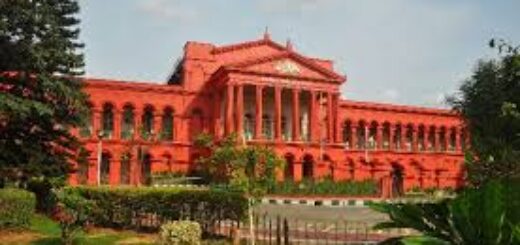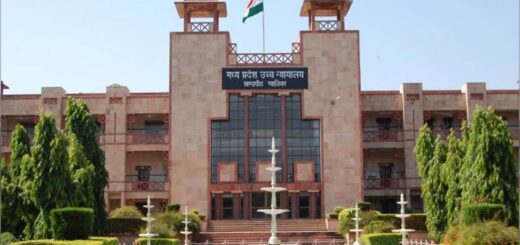The Supreme Court stated that events or situations that happen after the limitation period has ended cannot be considered a valid reason for delaying the process.

The Supreme Court has ruled that events or circumstances that happen after the limitation period ends cannot be considered a valid reason for delaying a case. The Court rejected a Special Leave Petition (SLP) from the State of Madhya Pradesh, which was contesting the Madhya Pradesh High Court’s decision to dismiss a Second Appeal due to a significant delay of 1,788 days. The Bench ordered the State to pay Rs. 1,00,000 in costs, stating there was no valid reason for the delay and that the time was misused. Justices J.B. Pardiwala and R. Mahadevan emphasized that no events after the limitation period can be seen as sufficient cause. They noted that while there may be events after the deadline that could cause further delays, the original reason for not filing the appeal must be found within the limitation period.
Deputy Advocate General Harmeet Singh Ruprah represented the Petitioner. The Trial Court had dismissed the Respondent’s case, but the First Appellate Court overturned this in favor of the Respondent. Even after being informed of the judgment, the State did not act right away, leading to a delay of over three years before it was allowed to appeal. The Second Appeal was then filed with a request to excuse the 1,788-day delay. However, the High Court denied this request and dismissed the Appeal. The Supreme Court clarified that if the limitation period is 90 days, the party seeking an extension must explain why they could not file within that time. It stated, “Events after the 91st day are irrelevant. The court must focus on what prevented the party from filing between the 1st and 90th days.”
The Bench stated, “A party can wait until the last day of the limitation period to file an appeal. However, if they let the deadline pass and claim a valid reason for not filing sooner, that reason must show that an event or situation before the deadline made it impossible to file on time.” The Court observed that in this case, the “huge delay” of 1788 days in filing the appeal was due to the failures of state officials. As a result, the Court ordered the State of Madhya Pradesh to penalize the responsible officers for any “delay, deviation, lapses” that caused losses to the Government, noting the careless attitude of the officials in handling the delay.
Therefore, the Court decided to impose costs on the State, stating, “We find it necessary to impose costs to send a strong message that States should not waste the Supreme Court’s time by appealing against well-reasoned decisions from the High Courts without valid reasons.” “Thus, we dismiss this Special Leave Petition with costs of Rs.1,00,000/- to be paid by the State within two weeks to the Supreme Court Mediation Centre, along with proof of payment. If the State fails to deposit this amount as directed, the Registry will take necessary steps to recover it according to the law,” the Bench stated. Consequently, the Supreme Court dismissed the SLP.
Cause Title: State of Madhya Pradesh v. Ramkumar Choudhary (Neutral Citation: 2024 INSC 932)









